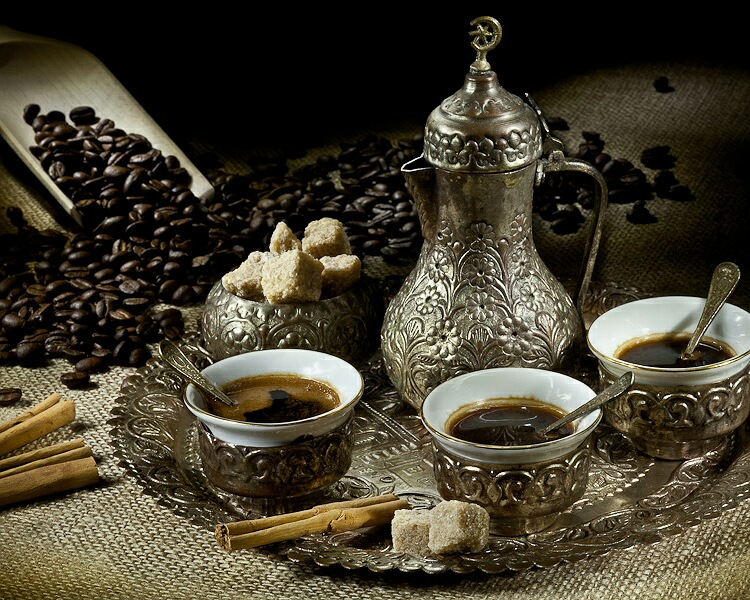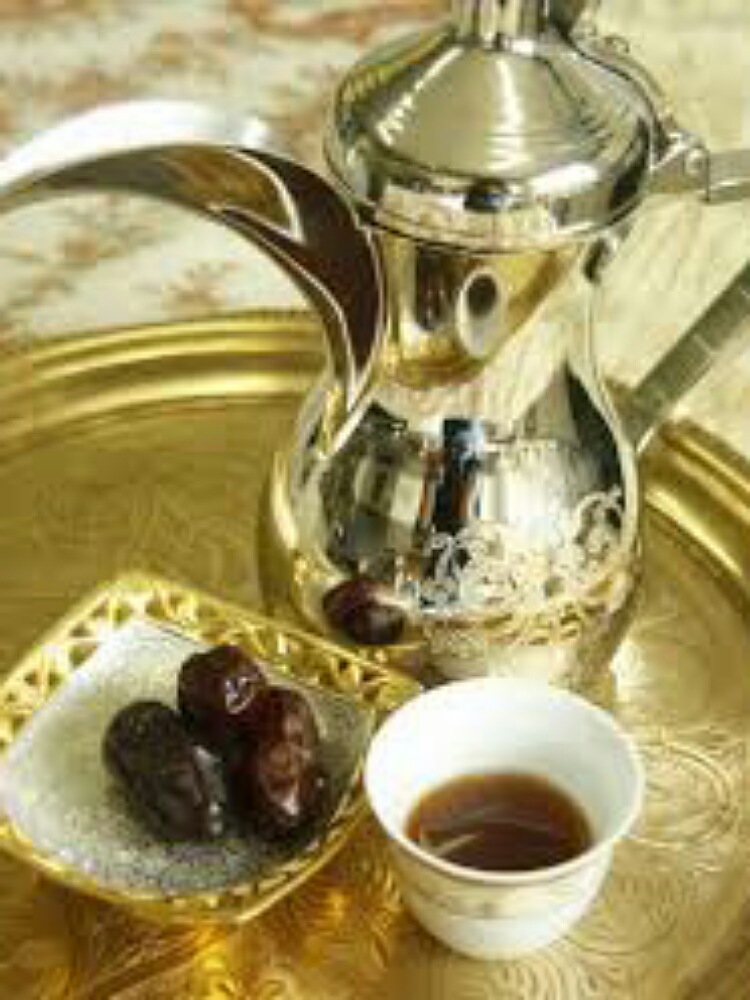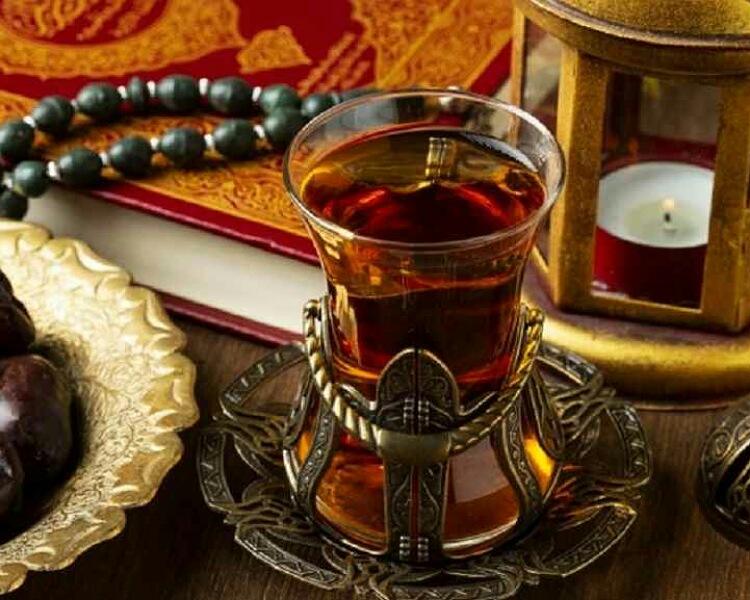Unlike the Kashmiri Kahwa, the Arabic Kahwa is Arabic qahwa is a coffee drink. It is therefore also called Arabic coffee. It is a version of brewed coffee from the coffee arabica beans. Commonly consumed in the Gulf nations, it often has cardamom in it. What is its history? What are the health benefits and are there any ill-effects of its consumption on the body?
Arabic Kahwa: the origin
This coffee from the Arab world has the status of intangible cultural heritage of Arab States from UNESCO. If we look at the history of origin of this Kahwa, it started in Yemen. Later, from there this tradition spread to Mecca, Egypt, the Levant, and by the mid-16th century, it has entered Turkey. From Eurasia, it soon was into Europe and coffee gained popularity there.

This coffee is made from the local coffee beans that are roasted either lightly or heavily. The cardamom is also a traditional spice of this region. This traditional drink is served hot in small cups called Finjan with an accompaniment of dates. It is bitter in taste and is without sugar or milk. It is drunk during family gatherings and also served to guests on arrival.
Nutritional facts
An 8 ounce cup provides just 2.4 calories. If sugar is added, the calories would increase depending on how much teaspoon of it is used. The fat is almost nil, and carbs, sugars, and fiber are also zero. Protein in this serving is 0.3 grams. There is no cholesterol, sodium is low at 4.7 mg and potassium is 116 mg. It has some calcium and iron but no vitamin C or A. There is some manganese and magnesium and also niacin and riboflavin. The last two are B group of vitamins that are essential for the energy production.

Since it is coffee, it has caffeine in it. Moreover, it has useful phytochemicals such as antioxidants and the like that are beneficial for the human body. These include chlorogenic acid and quinic acid. They have a lot of health benefits. There is also 90% water in this coffee and can help overcome dehydration. But coffee also has a diuretic effect and hence if one consumes more than 5 cups in a day, it could cause dehydration.
Health benefits
Most of the good effects of Arabic Kahwa is from its caffeine and antioxidants content. The caffeine boosts energy and refreshes a person. It improves alertness and decreases the reaction time. Concentration on a particular task gets improved. The physical performance gets enhanced and it gives rise to a feeling of rejuvenation. But excessive of caffeine intake due to drinking more cups of this coffee or drinking strong kahwa can cause anxiety, lack of focus, mental problems, insomnia, palpitations, high blood pressure, and tremors.

Moderate amounts are okay for the body. But the amount that can cause trouble depends on the person’s age, sex, drinking habits and health condition.
Read more: What is Dalgona coffee? Health benefits and caution!
Additionally, the antioxidants of kahwa reduces body inflammation. It is good for the gut and can lower blood cholesterol and blood sugar. It also mops up the damaging free radicals from the body. Thereby, it reduces the risk of cancer and chronic inflammation. Heart risk and stroke chances get lesser.
